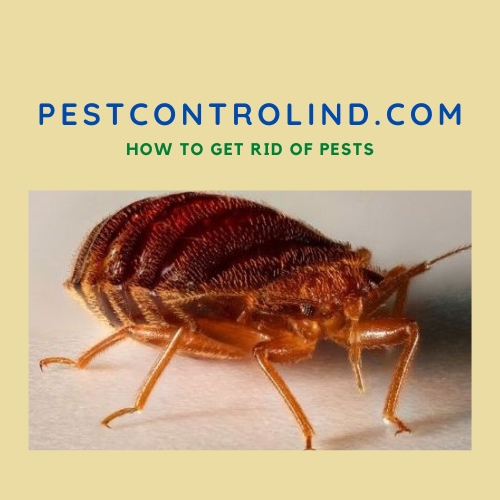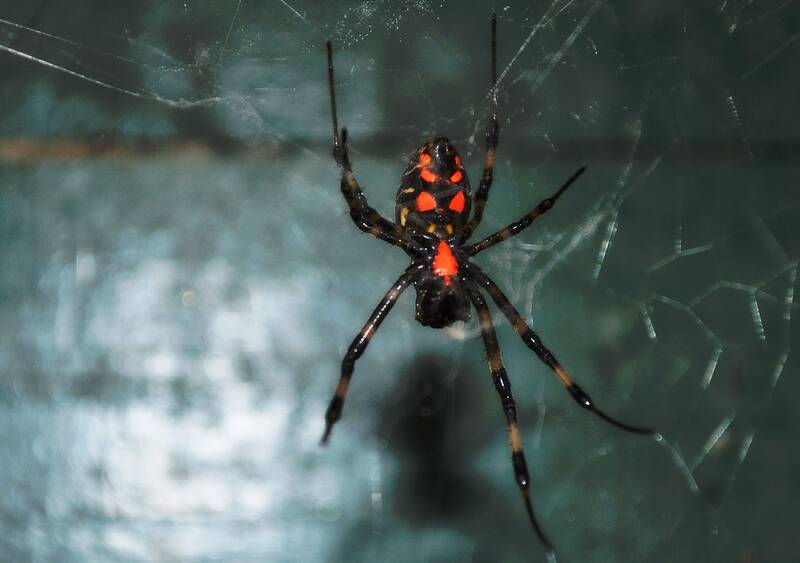Itchy spider bites: what to do? Are they dangerous? How to treat them with grandma’s recipes? Is there a medical treatment to soothe a spider bite so that it stops itching?
I. Description of the spider and its bite
The spider is made up of two different parts connected to each other by a small rod. The two parts are the head and the abdomen.
On the head, there are eight eyes and four appendages. On the first two appendages, there is a fang that is connected to the poison gland.
Spiders use these two fangs to immobilize their prey or to defend themselves.
Further down, there are two other appendages that are used as a mouth. Below, there are eight legs.
There are four on each side of the spider.
The abdominal parts of the spider’s body are mainly used for food storage. But this part also contains the spider silk and the lungs.
Spiders help control insect infestation in the wild.
Some spiders are less friendly when provoked, leading them to bite if they feel threatened or in danger.
Their venom can cause a variety of reactions, ranging from a mild but painful bite to an allergic reaction, and in some cases, they can even be fatal.
# Do spider bites continue to itch?
Spiders inject venom into their victims when they bite. This venom contains enzymes and other compounds that can cause localized reactions, including redness, swelling, pain, and yes, itching. Not all spider bites are the same, though.
The intensity and duration of these symptoms can greatly vary, dependent on the spider species, the amount of venom injected, and the individual’s immune response.
The itching sensation can indeed continue, but usually not for a prolonged period.
The average duration of itching from a spider bite can last anywhere from a few hours to a few days.
In rare cases, if the bite is from a more venomous species or if the person has an allergic reaction, the itch might linger longer.
# Do spider bites itch and spread?
Spider bites typically do cause itching, and in some cases, the reaction may spread from the initial bite location.
Symptoms can range from mild to severe, and it depends on the species of spider and the quality of the bitten individual’s immune response.
When a spider bites, it injects venom that can cause a localized reaction. This reaction generally includes symptoms like redness, swelling, pain, and itching. These symptoms are usually confined to the area around the bite.
However, in certain cases, the reaction can spread. This is particularly true for bites from more venomous spiders, like the brown recluse or black widow.
The venom from these spiders can cause a more severe reaction that may spread beyond the site of the bite, leading to symptoms like blistering, rash, fever, chills, nausea, and in rare instances, necrotic skin.
# Are spider bites itchy like mosquito bites?
When a mosquito bites, it injects its saliva into the skin. This saliva contains proteins that most people are allergic to, hence causing an immune system response.
This response typically leads to localized swelling (the bump you see), redness, and itching.
The itching from a mosquito bite tends to be immediate and can last for several days.
On the other hand, a spider bite can also cause itching, but the symptoms might not appear as quickly.
Depending on the spider species, some bites may not be felt immediately.
Some spider bites might cause a small puncture mark surrounded by a red halo and can lead to localized symptoms such as redness, pain, and itching. In some cases, spider bites may cause more severe symptoms, such as blistering, rash, or in rare cases, necrotic skin or systemic symptoms.
II. Bite or sting?
Spider bites are usually referred to as stings. Whether you use one or the other, it refers to the same thing.
All spiders bite, but some are so small that they cannot be seen with the naked eye, and they usually do not bother us.
Their venom is injected into their prey – much like a snake kills, and the toxin that is injected usually acts on the prey’s nervous system, so that it stops struggling so that the spider can wrap it up and take it back to the web or elsewhere.
III. Is the spider bites dangerous?
Some people have allergic reactions to spider bites. These may include swelling around the bite site, usually the face or forearms, as well as itching and even difficulty breathing.
In most cases, spider bites or stings are not toxic. However, spiders like the black widow and brown recluse have deadly bites.
Yes, their bites can be fatal and require immediate medical attention.
Most spider bites cause irritation and redness in the affected area, which can be followed by pain.
The most concerning thing about a spider bite is that its venom can spread rapidly throughout the body and contain neurotoxins or even necrotic agents.
The venom must be removed from the body as soon as possible so that it cannot spread to other parts of the body from the affected area.
This way, vital organs such as the nervous system or the heart are avoided.
IV. Symptoms of a spider bite
Generally, a spider bite looks like any other insect bite – a red, inflamed, sometimes itchy or painful bump on your skin – and may even go unnoticed.
Harmless spider bites usually produce no other symptoms.
Although all spiders are different, spider bites usually have some symptoms in common.
Most appear as tiny red bumps on your skin that are sometimes painful and itchy.
For most people, a spider bite passes them by with almost no discomfort except for a small red pimple that usually disappears within a few days.
Both black widow and brown recluse spiders can inject venom that can cause more serious symptoms, such as muscle cramps. They are in many cases, as noted above, fatal.
V. How to treat itchy spider bites
To treat an itchy spider bite, you have two possible solutions.
Grandma’s recipes are really effective to relieve spider bites and the medical treatment available in pharmacies.
1. Grandma’s recipes
These are solutions that you can compose yourself. Among these, you have:
Leek leaves, which help relieve the bite of an itchy spider. You can also use the white of the leek that you will rub on the bite.
Cooking salt, which you will put in a little water and rub the salt solution on the attacked part.
Garden herbs such as parsley, thyme, and many others that you will crush and apply to the bite.
Ice cubes can also be applied to the area where you have suffered a spider bite to prevent inflammation. However, the site should be disinfected and the ice cube should not be placed directly on the area.
The use of a heat source reduces the pain and drives back the spider fish.
It is still recommended to be careful in using this method at the risk of burning yourself.
Aloe Vera gel can soothe the skin and help it heal faster.
Essential oils can help with both pain and healing when spread, inhaled, or applied to the skin with a healing oil such as lavender aspic essential oil.
2. Does peppermint oil help with Itchy spider bites?
Peppermint oil is widely used as a natural remedy for various skin conditions due to its skin soothing and cooling abilities.
With regard to spider bites in particular, although it is not a clinically proven treatment, some people say from experience that it can temporarily relieve minor symptoms such as itching.
Indeed, peppermint oil contains menthol, a compound with a cooling effect on the skin and which helps to calm slight discomfort. It also has anti-inflammatory properties which can sometimes help reduce swelling resulting from the bite.
However, it is important to remember that peppermint oil should not be applied undiluted directly to the skin as it may cause irritation.
Always dilute it with a carrier oil like coconut or jojoba oil before application
3. the medical treatment
In most cases, spider bites are not serious and can be easily treated with home remedies or medications such as painkillers and anti-inflammatories.
However, there are some spider bites that really need to be treated immediately with an anti-venom to counteract the deadly poison.
In these cases, you should contact the nearest hospital quickly. It is advisable, if possible, to take a picture of the spider with the camera of your cell phone so that the doctors know quickly which anti-venom they will use to counteract the poison.
VI. How to react to anaphylactic shock
Anaphylactic shock can occur within seconds or minutes of exposure to something you are allergic to, such as spiders or bee stings.
Anaphylaxis causes your immune system to release a flood of chemicals that can send you into shock.
Your blood pressure suddenly drops and your airway constricts, blocking your breathing.
If anaphylactic shock occurs due to an insect bite, remove the stinger if possible.
In the event that someone appears to be in anaphylactic shock, call emergency services and then put them in a comfortable position and raise their legs.
This allows blood to flow to the vital organs.
In these cases, you should quickly call the emergency room and explain calmly and in detail what happened to the person who was bitten. This is a purely medical case.
Useful Links:
Poisonous Spiders: Bites, Symptoms, and Treatment; an Educational Review
A prospective study of 750 definite spider bites, with expert spider identification
An expert-curated global database of online newspaper articles on spiders and spider bites

